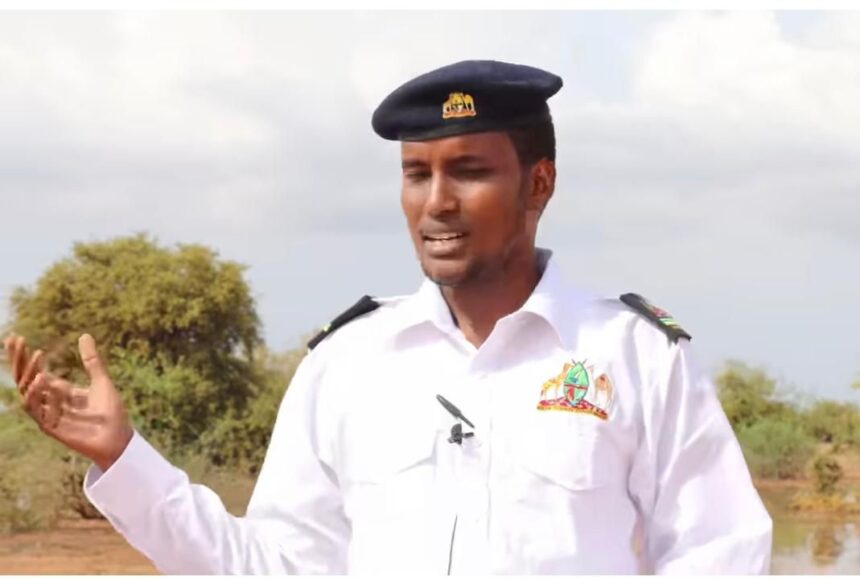Pastoralist communities in Wajir County have initiated a rain-fed rangeland reseeding project aimed at replenishing soil seed banks and restoring grazing lands to sustain their livestock-dependent livelihoods.
The initiative, launched in Wagalla Ward, seeks to address the challenges posed by depleted pastures, which have been worsened by climate change and prolonged droughts. Speaking during the launch, County Administrator Abbey Yussuf emphasized the importance of the project in supporting local livelihoods.
“We have mobilized communities in Wagalla and Qanyurey and plan to extend the reseeding initiative to other villages struggling with depleted natural pastures,” Yussuf stated. “The community is eager to participate since livestock keeping has been their traditional livelihood.”
Utilizing Indigenous Grass Seeds
The reseeding program employs indigenous grass seeds familiar to the local environment, ensuring ecological compatibility and sustainability. However, Yussuf noted that the seeds provided are insufficient to meet the overwhelming demand, urging the government and non-governmental organizations to increase their support for the initiative.
Community Support and Drought Resilience
Noor Ahmed, a member of the rangeland management committee in Qanyurey, praised the initiative for its potential to alleviate the effects of prolonged droughts that have weakened livestock.
“We have received grass seeds from Mercy Corps, and with the onset of rains last week, we saw this as the perfect opportunity to reseed our depleted pasture lands,” Ahmed said.
Ahmed highlighted the community’s readiness for the project, spurred by increased awareness of climate change and its impact on natural resources.
Declining Grazing Lands
Khadija Ali, a mobilizer involved in the reseeding effort, underscored the urgent need to address the declining state of grazing areas.
“Population growth, frequent droughts, and overgrazing have drastically reduced grazing areas. The natural grass that once flourished during rainfall has significantly declined over the past five to six years,” she explained.
Call for Expanded Support
As the initiative gains momentum, local leaders are calling for additional resources to scale up the project and ensure its long-term success. By restoring pasture lands, the reseeding initiative offers hope for a more resilient future for Wajir’s pastoralist communities, whose livelihoods depend on healthy rangelands.



